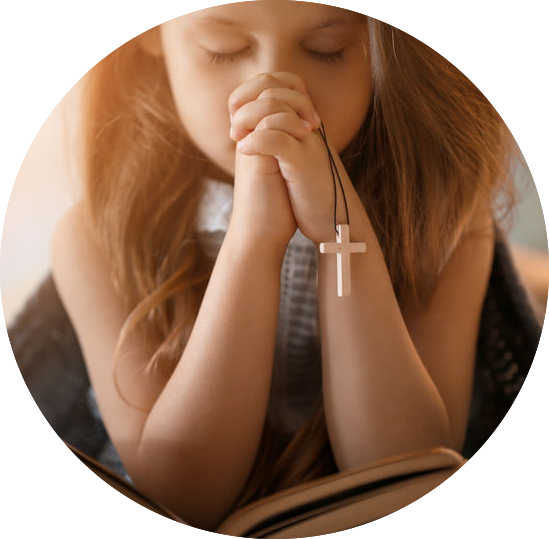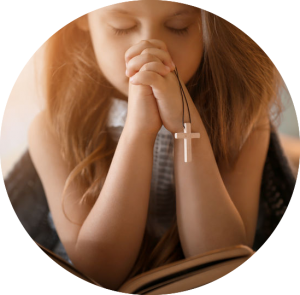Religion And Shared Custody Of Children
Australians enjoy great freedom of religion, and being a country of migrants, there is a great diversity of religious and spiritual beliefs. Many of these beliefs are quite personal and are interwoven with family, community and tradition. The problem is in cases of shared custody of children, some partners object to the religious decisions and communities that the other parent makes or is a part of.
What does the Law say?
The Family Law Act deals with this in section 60CC(3)(g). This subsection is part of a broader regime dedicated to determining what is best for the child. The court must consider the maturity, sex, lifestyle, background (including lifestyle, culture and tradition) of the child and of either of the child’s parents, plus any other characteristics of the child the court thinks are relevant. The courts have generally taken culture and tradition to include religious beliefs.
The courts approach this problem within the current framework as part of more general parenting orders. They are empowered to do so, despite discussions around freedom of religion, because the court is making a decision about the welfare of a child. The Court is not determining which religion is better, true, or preferential. Instead, it looks at the influence it has on the parents or the carers (regardless of whether the practices may be unusual or foreign) and balances this against the welfare of the child.
How does the Court determine what is in my child’s best interest?
The court looks to ensure that the child retains the benefit of a meaningful relationship with both parents, while factoring in whether the child is protected from physical and psychological harm, abuse, neglect, and family violence. These decisions are made with careful consideration of the child’s relative maturity and understanding of the situation. Where there is a conflict between these two factors, the court usually gives more weight to the protection of the child than to the preservation of parent relationships.
The core principle is that the court cannot preference any particular religion. Instead, it should consider how the religious principles and practices in question impact the relationships between the children, their parents, and their relevant family/community. From this position, the court can make a more informed decision about the best interests of the child.
What has the Court done in the past?
The court’s approach to the determination of religious upbringing has been varied, and will depend on the facts of the case. Orders have included:
- Injunctions to prevent the child’s exposure to a particular religion or religious beliefs;
- Shared care of a child, but with one parent having exclusive decision making ability about certain aspects of the child’s welfare, such as healthcare where the other parent’s beliefs are detrimental to the child’s welfare; and
- Granting primary care to one parent, since despite their unusual religious practices, they were an appropriate and able caregiver in all other aspects and their religious practices were not deemed to be detrimental to the child’s welfare.
If you are having difficulty agreeing on the care of your children, or any other child related issue, contact us at Adelaide Legal and speak with one of our family law specialists on 8410 9294.


